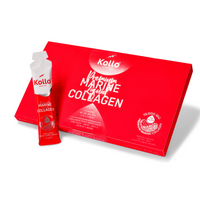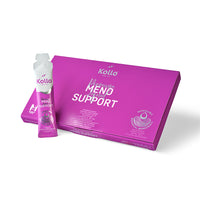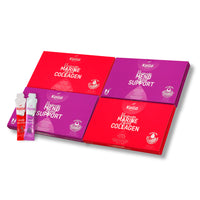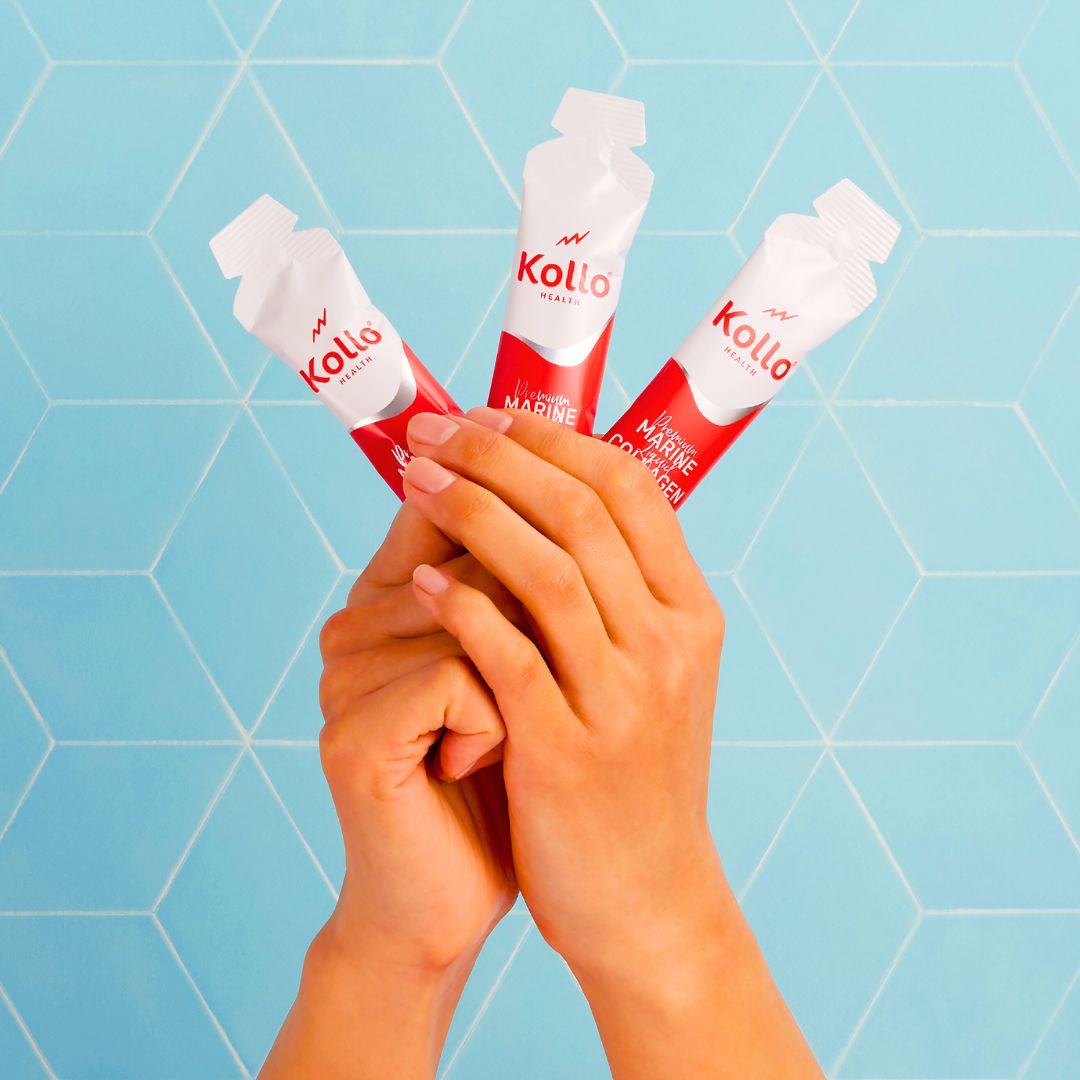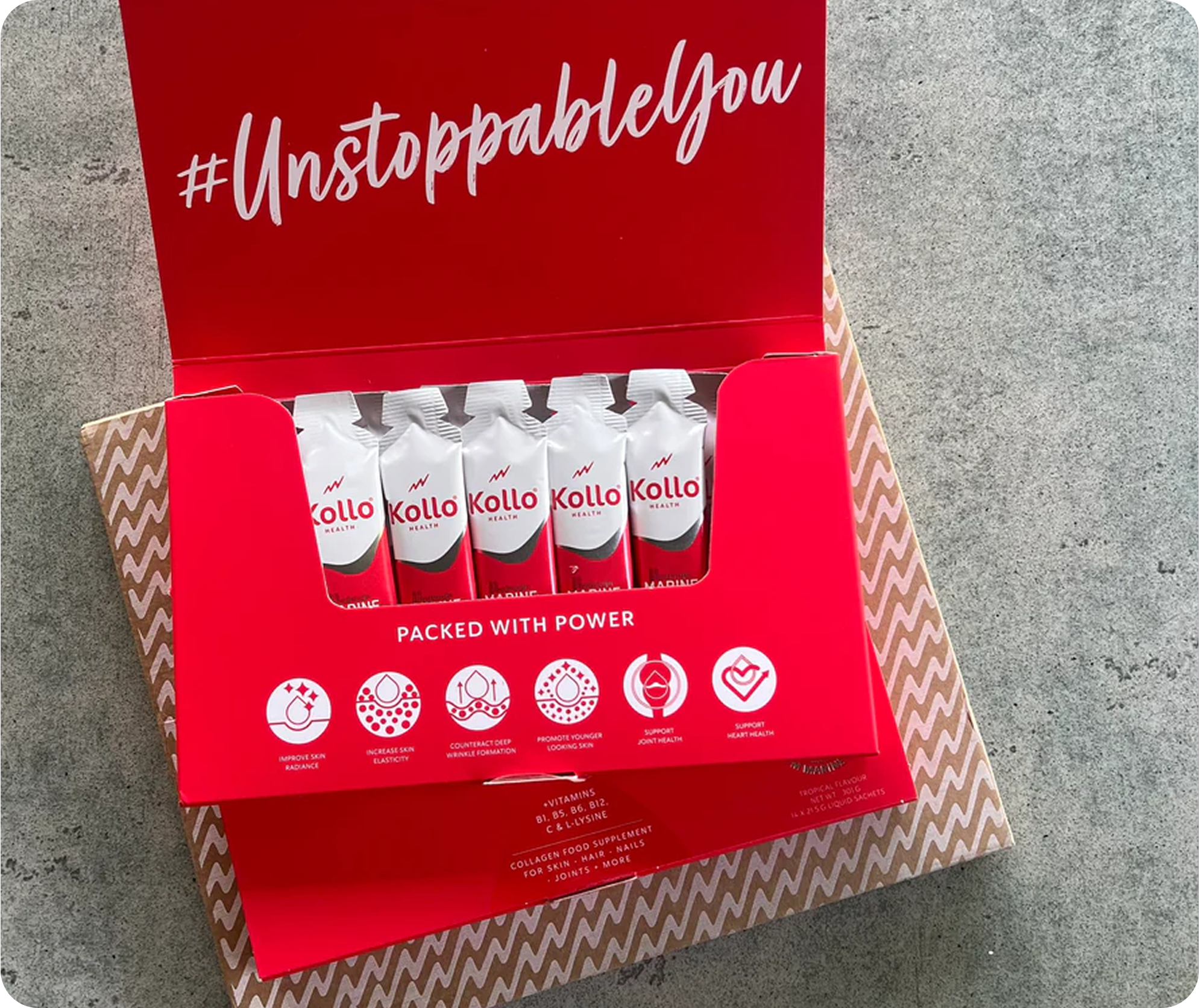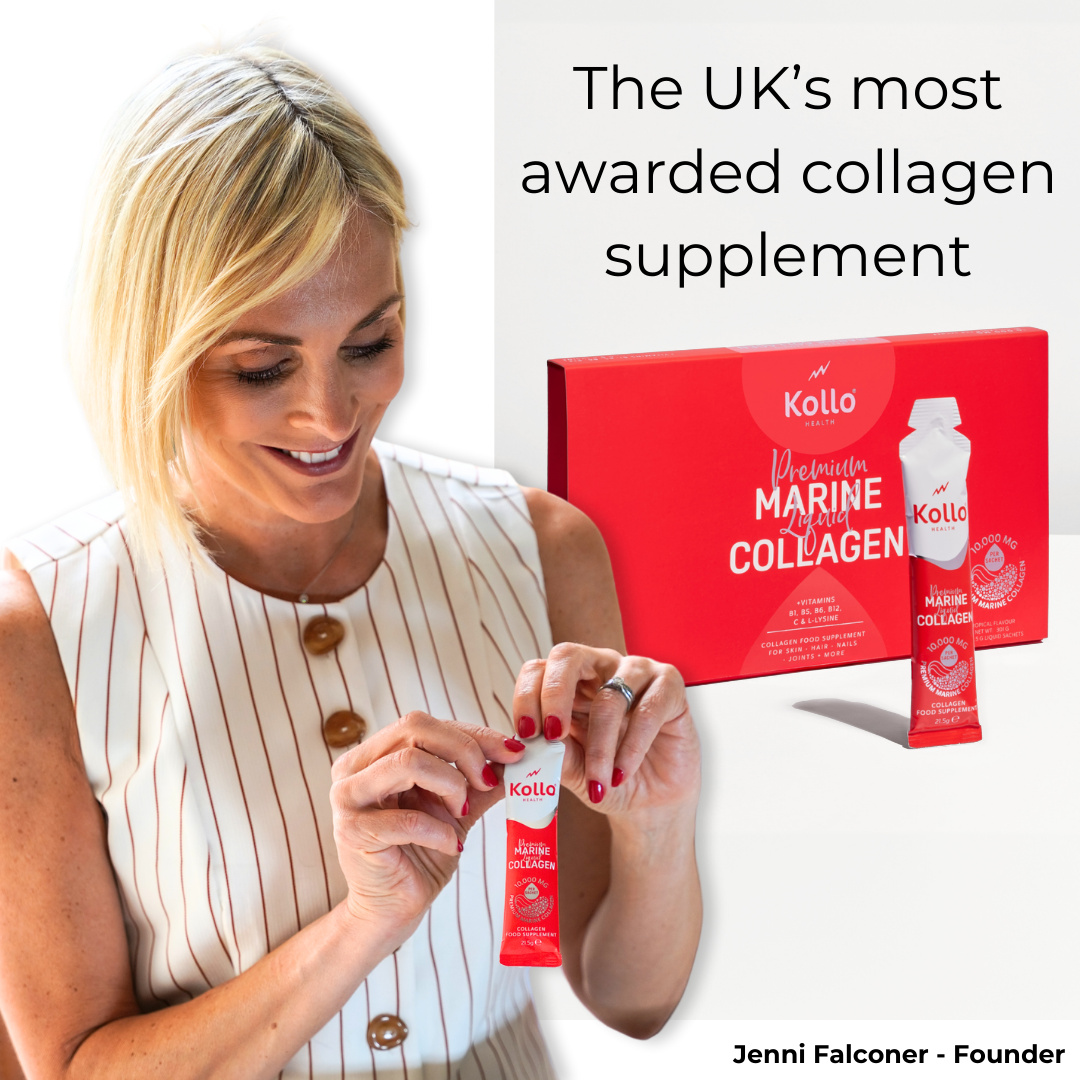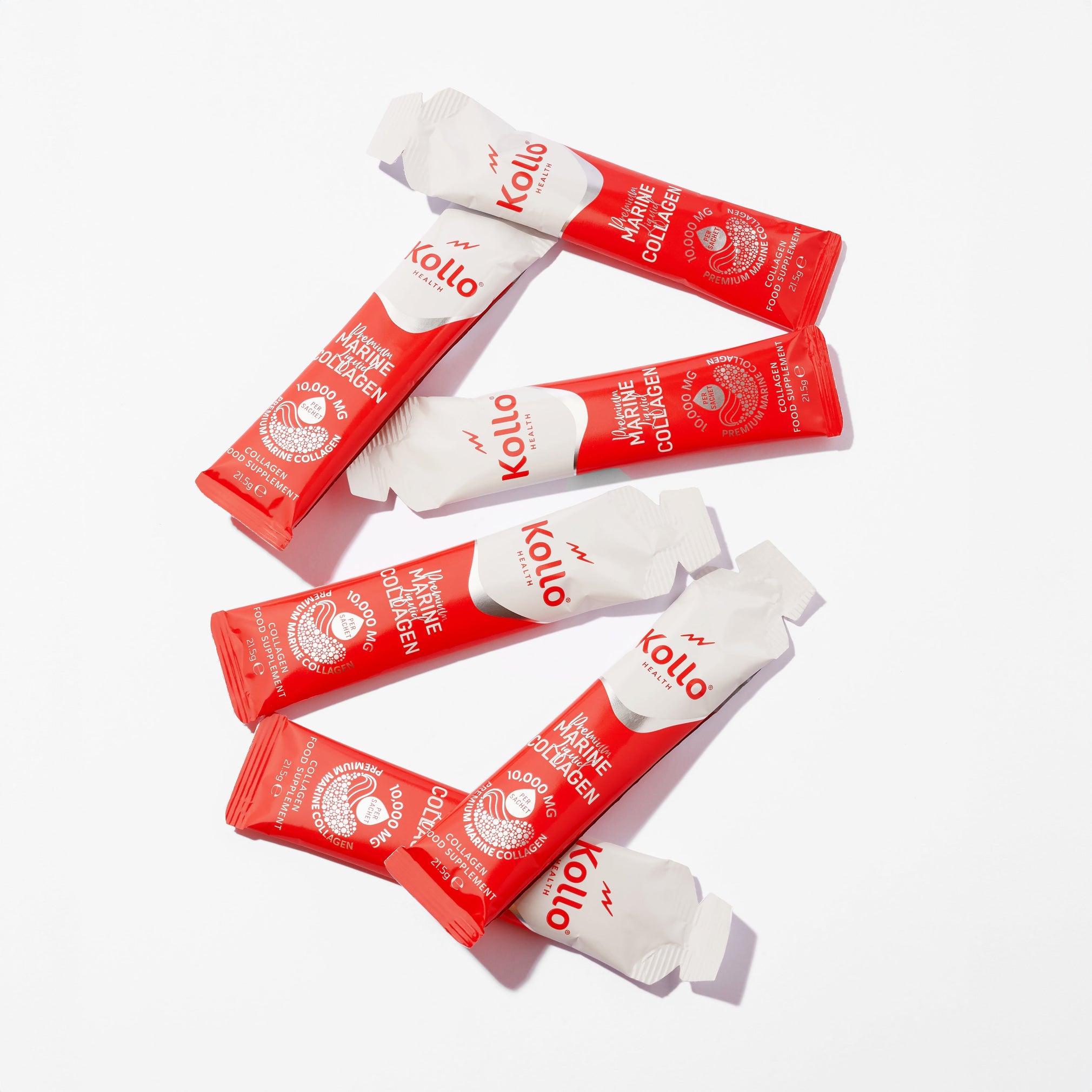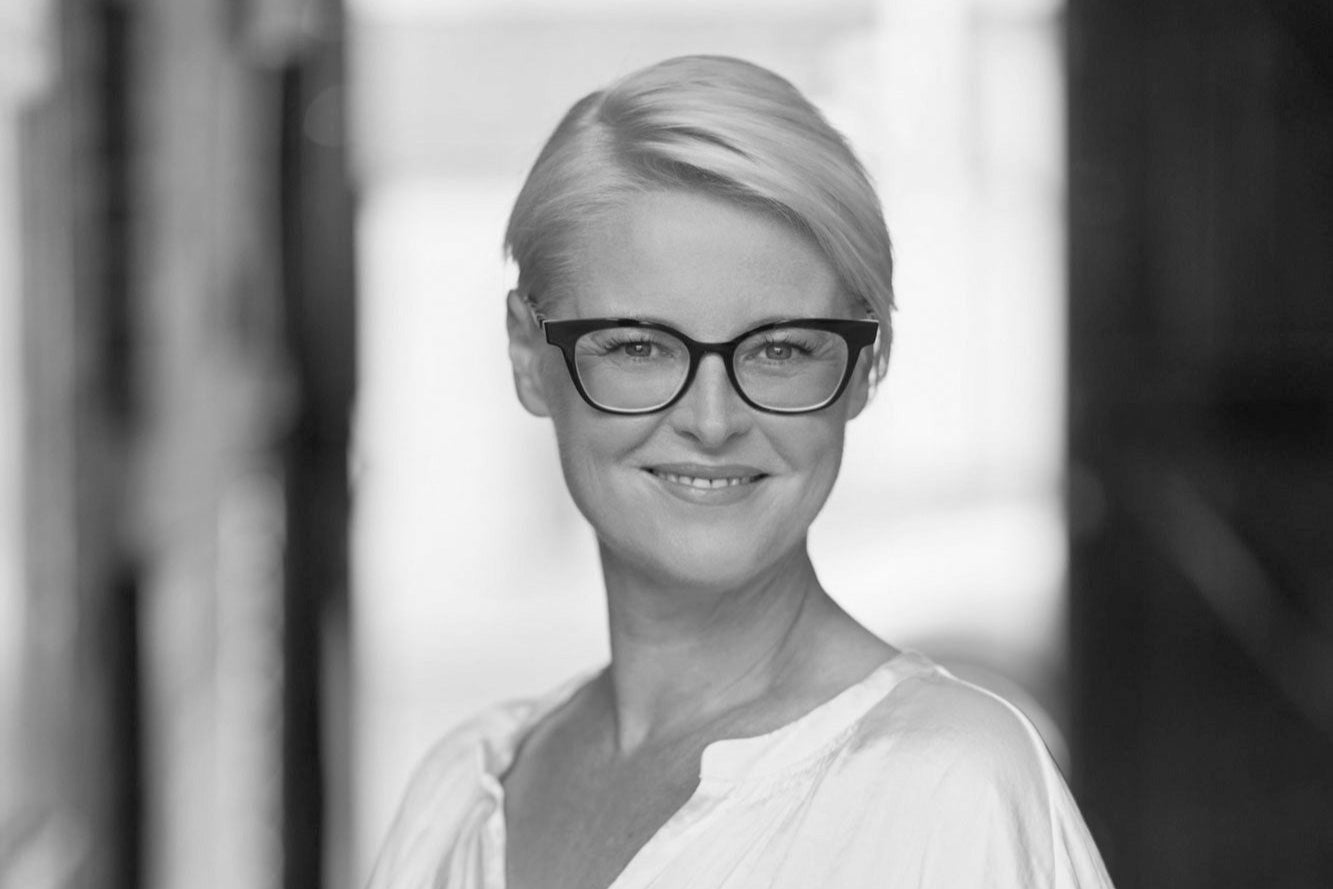Bovine Collagen Linked to Amazon Deforestation

There has been a lot of attention drawn to recent reports about the links between bovine collagen and deforestation in Brazil. This is an alarming discovery that should force many in the collagen industry to take a closer look at their operations and supply chains. Sustainability and the protection of the environment are among the most important considerations of our time. People are right to be shocked by the thought that their collagen supplements are connected to something so harmful to our environment.
In this post, we want to highlight that these reports do not apply to Kollo Health’s premium liquid marine collagen. Our supplement uses collagen that comes from fish – bovine, or cow, collagen has nothing to do with our product. We also want to emphasise our own commitment to sustainability and the lengths we have gone to in making Kollo Health have as little impact on the environment as possible.
What are the reports saying?
The gist of the reports is that the supply chains of cattle used to produce collagen have been traced to meat processors in Brazil. Many of these have been linked to illegal deforestation and encroachment onto indigenous lands. This is the result of an extensive investigation by the Bureau of Investigative Journalism and has involved ITV News, The Guardian and more.
It claims that, since collagen is listed as a by-product of cow meat, there is less scrutiny into its origins. But with much of that bovine collagen originating in Brazil, there is great concern about its connection to deforestation in the Amazon. Though the suppliers of this collagen primarily sell meat from the cattle, they make a lot of money from selling collagen as well – as much as 20% of meatpackers’ incomes comes from selling collagen and leather.
We have mentioned the comparison between marine and bovine collagen through the lens of the environment before. But in this post, we will dig deeper into the origins of our collagen to reassure you that Kollo Health is not part of this problem.
What makes Kollo Health’s collagen supplement different?
The first thing to point out relating to the reports about deforestation is that our collagen is marine collagen. In other words, it comes from the skin and scales of fish. Cattle farming is one of the most harmful practices for the environment. Brazil has over 250,000,000 cattle being farmed, all of which need land to live on. They also need food to eat – did you know that almost 80% of the world’s soybean crop is fed to livestock? The farming of soy is another huge driver of deforestation, and cattle consume more soy than any other animal, including humans, in the world. Moreover, the methane emissions from cattle contribute substantially to global warming, as do the carbon emissions associated with the slaughtering, processing, packaging and transport of meat.
So it is clear that the beef industry is a significant contributor to environmental damage. One of the strongest messages from environmental campaigners is that people should cut down their beef consumption. All of this was one of the main reasons why Kollo Health opted for marine collagen over the bovine alternative. We are committed to sustainability and we could not be a part of an industry that causes such widespread environmental damage.
So where does the collagen in Kollo Health’s supplement come from?
After much scrutiny of different collagen sources, we chose Naticol marine collagen as our primary ingredient. Naticol is all about commitment to good ethics and sustainability. One of the key components of their commitment is traceability. They source their collagen from aquaculture-farmed fish that have certification from the Aquaculture Stewardship Council (ASC) and the Best Aquaculture Practices (BAP) programme.

Aquaculture is the breeding, raising and harvesting of aquatic animals and plants. Experts developed it as an alternative to catching fish in the wild, since that practice has caused such devastation to habitats and animal populations. Its chief use is to protect habitats and rebuild stocks of threatened and endangered species. The farming takes place in controlled environments in coastal ocean waters, freshwater ponds and even in tanks on land. Aquaculture improves the health of our planet with environmentally-friendly, socially-responsible practices that also consider food safety and animal welfare.
The fish that the collagen used in Naticol originate from are as follows:
-
Pangasius hypophthalmus from Asia
-
Tilapia from North and South America and Asia
-
Catfish from Europe, North America and Asia
-
Cod from Europe
-
Haddock from Europe
-
Nile perch from Africa
As part of the production of Naticol, the manufacturer routinely audits their suppliers to monitor standards. These audits include checking the suppliers have full EU approval and that their practices meet key environmental and quality control criteria. They even take It further to ensure the protection of natural resources at all times and the carbon footprint is kept to a minimum. Naticol is a zero-waste product with a strong commitment to social responsibility throughout its operations.
Environmental concerns relating to the fish industry
As with the bovine collagen in the deforestation reports, marine collagen is a by-product of the meat industry. In this case, it relates to fishing. You may have heard about the devastating impacts of fishing on the environment. Trawler fishing is the worst. They cast huge nets into wild habitats and drag them over miles of ocean, catching all fish and marine mammals in their path whilst destroying plant life and other organisms on the ocean floor. Moreover, the boats produce emissions and drop pollutants into the water.
Essentially, fishing in wild waters, whether oceans, rivers or lakes, can have a devastating impact on animal populations and habitats.
This is why Kollo Health only uses collagen that comes from aquaculture farms. These fish farming techniques were developed as the antithesis to wild fishing. The cultivated organisms grow in controlled environments away from natural habitats so oceans and rivers have protection from human damage. In its early days, it was not perfect, as the waste from the fish would build up and cause issues with surrounding waters. But today, we have developed techiques to deal with this. There is a dramatic reduction in antibiotic use there are measures in place to prevent farmed fish escaping into wild waters.
The positive environmental credentials of aquaculture are many:
-
The ratio of food the protein output is 1.1 (in beef, it can range from 2.2-10)
-
The farmed fish are free of environmental contaminants like heavy metals
-
Polyculture practices can actually improve the quality of water
-
It reduces pressure on wild fish populations
-
It helps remove nitrogen from ecosystems
Does Kollo Health do anything else for sustainability?
Yes, we take our commitment to sustainability throughout our operations very seriously. You can see this primarily in our choice of Naticol as the collagen content of our supplement. But we also do more to amplify the sustainability of our collagen supplements beyond this. You can take a look at our sustainability policy to learn more about what we do.
Here are a few examples:
-
All our packaging is 100% recyclable
-
We periodically review our suppliers for sustainability
-
Kollo Health encourages our team to use public transport and walk/cycle wherever possible
-
We power our offices with energy-efficient technology
It is our belief that caring for the environment is just as important as caring for our bodies. After all, what good is making our bodies strong and resilient if the world around us is falling apart? That is not conducive to living your best life!
We want all our customers to be able to thrive as the best version of themselves. The world around us plays a big role in that. So we could never be a part of any practices that are harmful to the planet.
Conclusion
The reports into the links between bovine collagen and deforestation are an eye-opener for the industry. We at Kollo Health have long been aware that bovine collagen can be harmful to the environment. These revelations have merely emphasised what we already know. In fact, there are more problems with bovine collagen relating to its purity and integrity. In short, we do not recommend using it without very careful scrutiny of the source of the collagen.
Kollo Health’s premium liquid marine collagen has no connection with deforestation or any other concerns raised by these reports. You can rest assured that we have your best interests, and the interests of the planet, close to our hearts.
